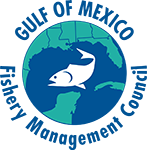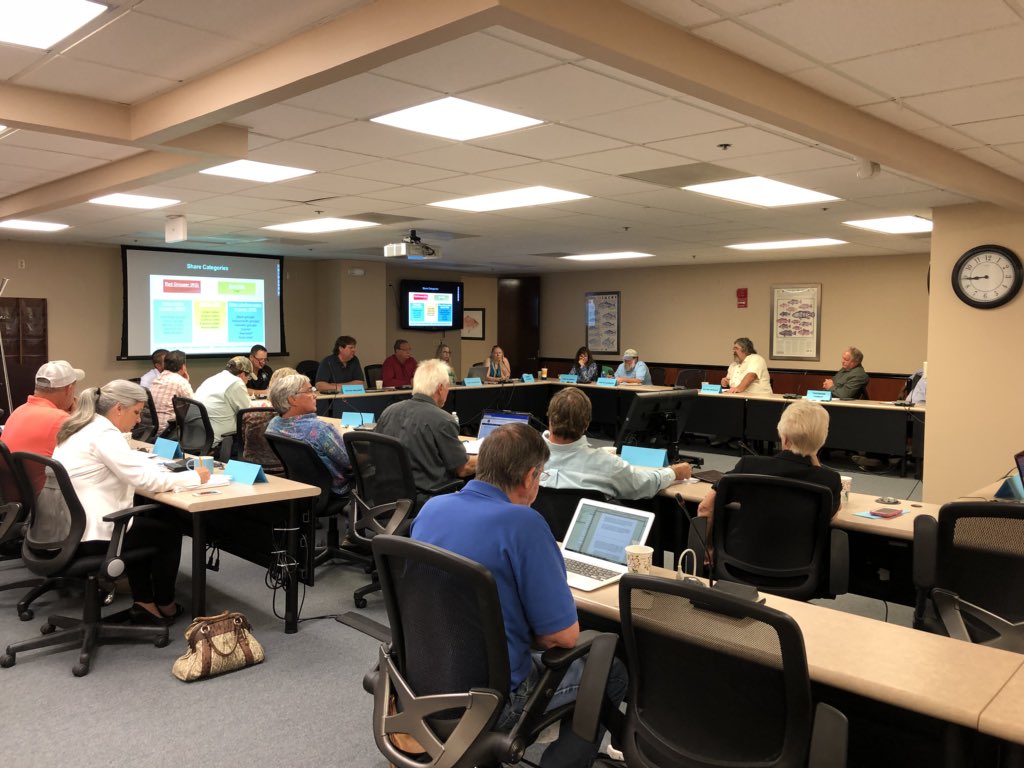
What is an Advisory Panel?
Advisory Panels (APs) are comprised of individuals from the public who provide advice and feedback on fisheries management in the Gulf. The Council uses APs to promote a well-rounded understanding of each component of fisheries management in the Gulf by drawing upon the expertise of knowledgeable people from across various fisheries. APs are populated with recreational and commercial fishermen, charter boat operators, buyers, sellers, and members of not-for-profit organizations who are knowledgeable about a specific fishery. Separate panels exist for a variety of fisheries issues and members are tasked with advising the Council by reviewing and providing feedback on proposed management changes and identifying fisheries issues that should be addressed.
How do I Become an AP Member?
The Council solicits applications for re-population of APs on a rotating basis in February/March each year. Applicants will be asked to provide personal information (including address and driver’s license number) and details regarding experience in the fishery. The Council reviews applicants during the April Council meeting and final appointments are made during the June Council meeting after applicants pass a fisheries background check.
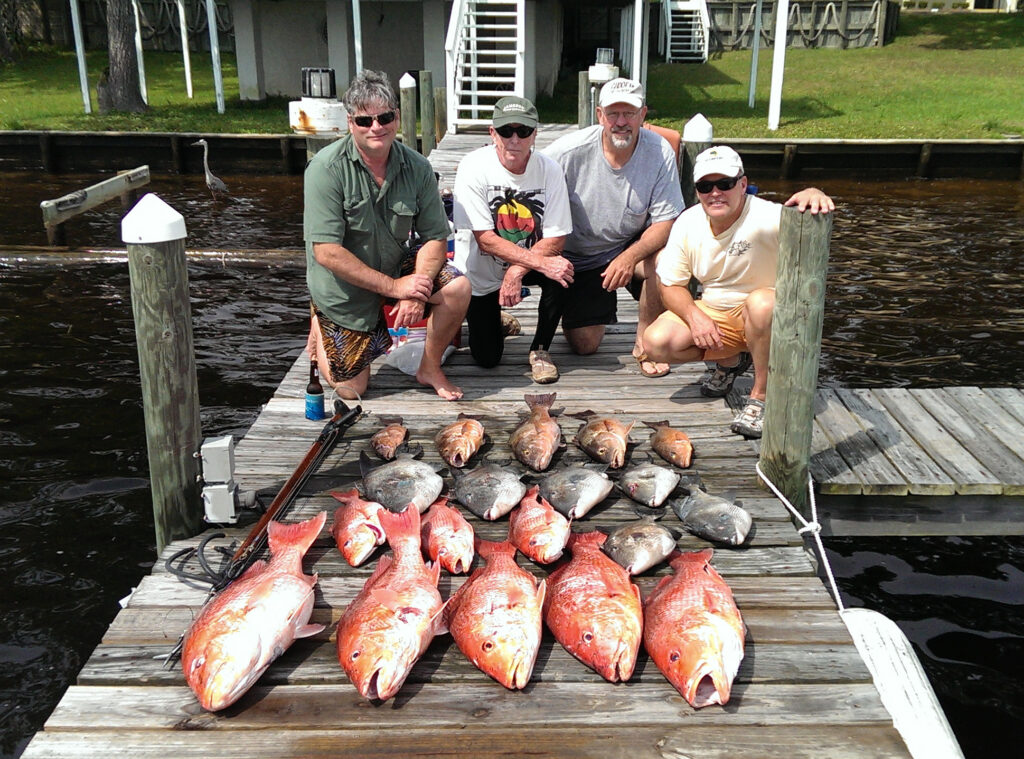
What are the Responsibilities of an AP Member?
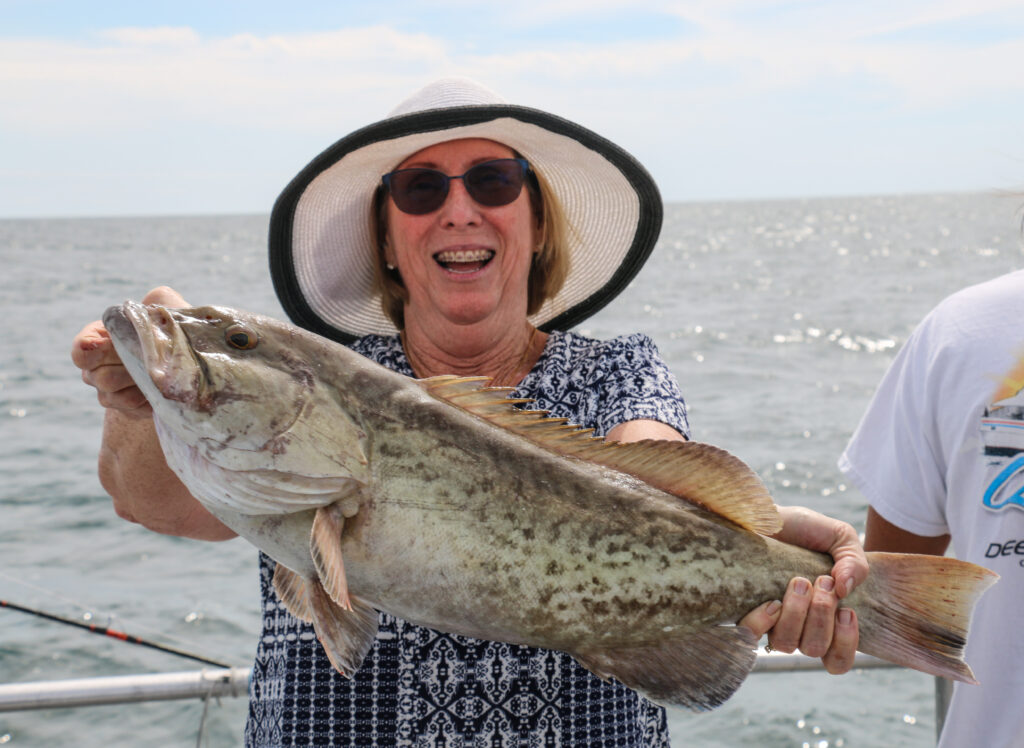
AP members are appointed for three-year terms. AP members are expected to review background materials, attend meetings (often in-person), and participate in discussions to make fisheries management recommendations to the Council. The elected chair of each AP will be asked to review meeting summaries, chair AP meetings, and travel to Council meetings to report AP recommendations. AP members will be reimbursed for travel, lodging, and meal costs associated with each meeting. Members should also complete an anti-harassment training provided by the Council at the time of appointment. The training must be completed prior to the first time the panel is convened.
Can Anyone Apply to be an AP Member?
The AP application process does not exclude anyone; however, there are some criteria that must be considered. Applicants must pass a fisheries background check showing that no fisheries violations have been committed in the past 5 years. There are no specific educational or experience requirements necessary to become an AP member. Often, the Council aims to populate each AP with a varied group of people from across the Gulf.
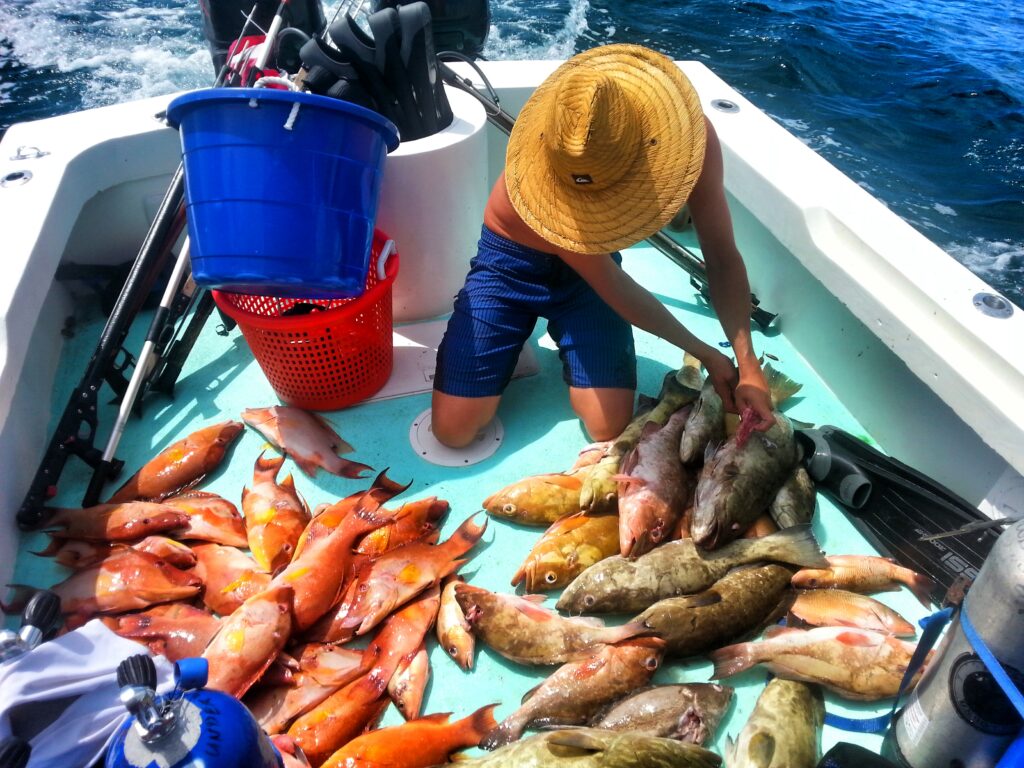
How do APs Function?
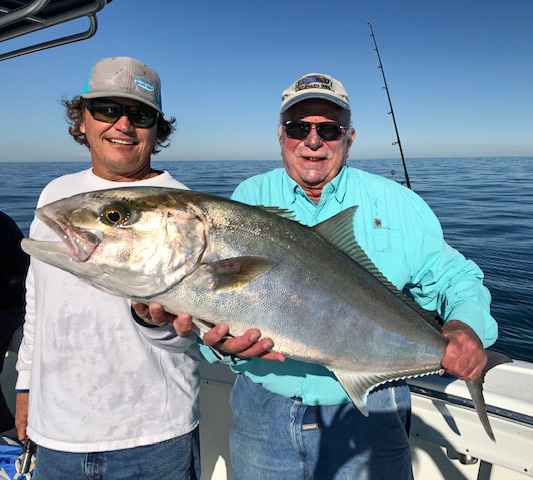
AP members will be notified when the Council plans to convene a meeting. Members will be asked for their availability and each meeting will be scheduled to allow for the most participation from its membership. APs will be given a meeting agenda, briefing materials, and travel instructions to prepare for each meeting. APs typically convene once or twice per year depending on the issues at hand. Some APs rarely meet and will only be convened when a specific issue or species needs to be discussed. The meetings are chaired by an elected AP member and the group operates using parliamentary procedure. Council staff work with the AP to prepare and present appropriate background materials. AP meeting outcomes are summarized by Council staff and reported to the Council by the AP Chair.
